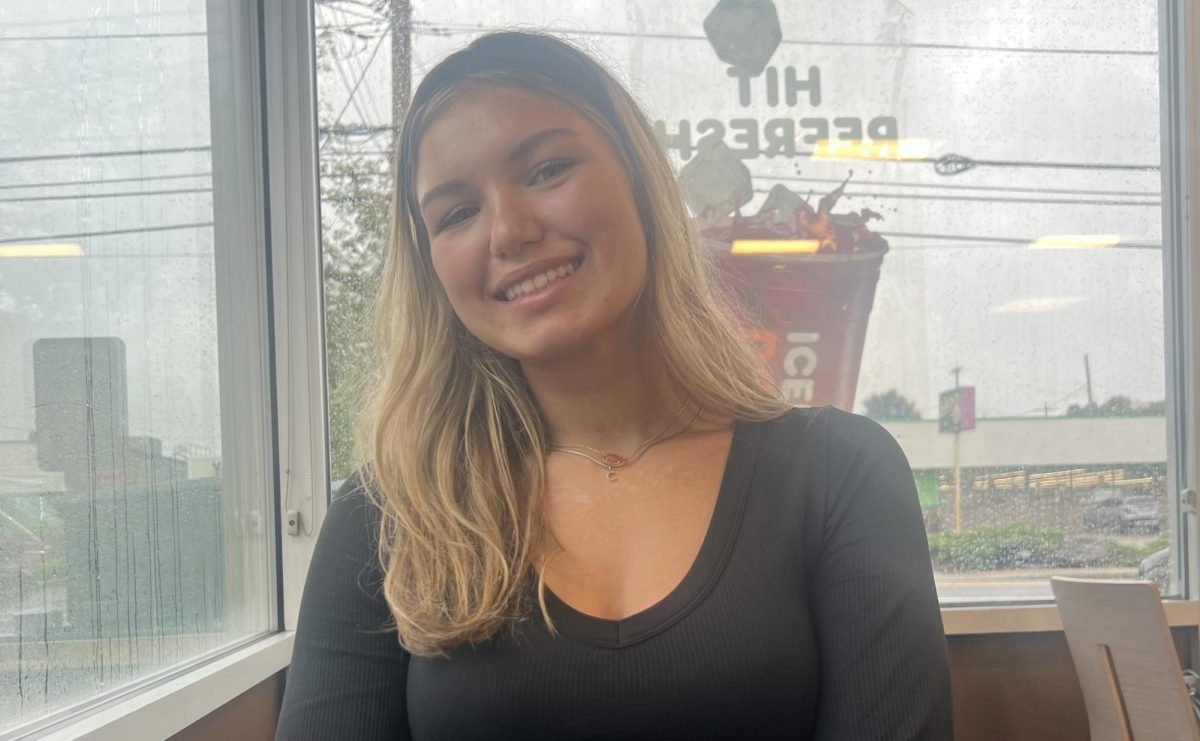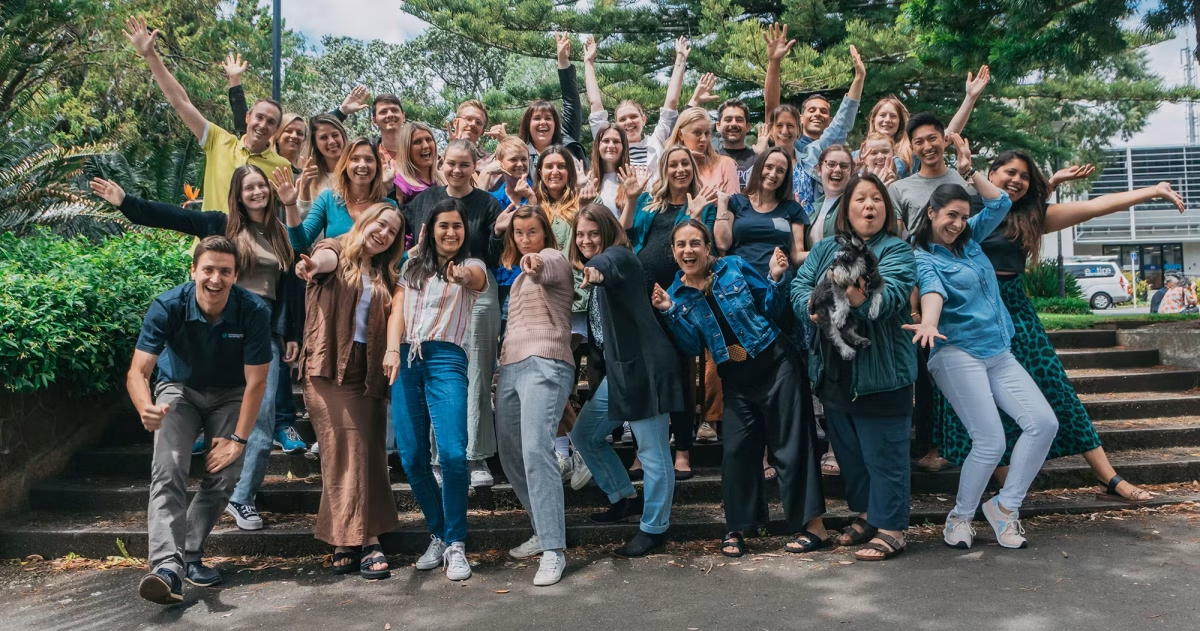Have you ever googled “Advocacy for young women’s health?” Well, I have. And only three applicable websites appeared, one of which was a magazine. So, I looked up more information on the cause and searched Google for “Lack of Advocacy for young women’s health” and only one magazine article was found. Young women across the world struggle with life-changing medical diagnoses that are unique to them as women. However, because of the stigma behind women’s health in their teens, it is a battle to advocate for them. Examining advocacy for young women’s health statistics, science, and personal stories reveals the lack of advocacy for young women suffering, highlighting the need for change.
Numbers show that hundreds of millions of young women across the world experience life-changing diagnoses that affect them not only as women but also as teens. When looking at clinicaltrials.gov, a site that lists all national clinical trials and many global ones, it is seen that there is only one clinical trial globally tailored to young women for a very common disease called Vulvodynia. It is a type of long-term pain or discomfort around the vulva that lasts for at least three months and has no clear cause, according to the Mayo Clinic. Some causes may be the following:
Injury to or irritation of the nerves of the vulva
- Past infections of the vagina
- Painful swelling is called inflammation that affects the vulva
- Some genetic conditions
- Allergies
- Hormonal changes
- Muscle spasm or weakness in the pelvic floor, which supports the uterus, bladder, and bowels
So many young teens have this, but there’s only one clinical trial globally for this disease. If we let diseases like this go unacknowledged, many teens will continue to suffer in silence. Polycystic Ovary Syndrome, also known as PCOS, is another common disease that is apparent in about 130,000,000 young women. Between 8 and 18 percent of adolescents have PCOS, a chronic condition in which “many small sacs of fluid develop along the outer edge of the ovary. These are called cysts. The small fluid-filled cysts contain immature eggs. These are called follicles. The follicles fail to regularly release eggs,” says the Mayo Clinic. The fact that so many young women are affected, yet we don’t even know the exact percentage of young women affected. How are we supposed to help them find relief for this painful condition? Never mind researching it…we need to advocate for young women who have it. This is how.
Scientific research shows that chronic illness negatively impacts peoples’ daily lives excessively. Many of these illnesses at least have some advocacy for them. However, there is a major lack of advocacy for young women’s health. Raising awareness of these conditions will help our loved ones receive relief while managing life with these illnesses. Endometriosis is a common chronic illness that young women are diagnosed with. Endometriosis is a painful condition where “tissue that is similar to the inner lining of the uterus grows outside the uterus.” Some symptoms of endometriosis described by the Mayo Clinic are the following:
- Fatigue
- Mood fluctuations
- Anxiety
- Depression
- Pelvic pain
- Sore / tenderness around the vulva
- Pain sitting or standing
- Pain during intercourse
- Tender or soreness of the genital area
These symptoms affect the daily lives of many young women that we love, and we don’t even know it. It is crucial to provide awareness of the fact that diagnoses like this are present in many young women’s lives. It will help them suffer less. Promoting awareness of these conditions also directs health companies to provide more business and attention to the individuals suffering. Think of it from their perspective. In order to make money, health companies need to treat patients. Therefore, if the medical demand for attention to these chronic illnesses becomes public knowledge, they are likely to provide funds for these patients.
For an intimate perspective, I would like to provide information on how my and other young women’s lives have been affected by living with vulvodynia, one of the chronic conditions I have mentioned above. Not only does vulvodynia come with awful symptoms, but it has also changed my lifestyle as a result. When you think of an average teen life, you think of attending school, extracurriculars, or plans with friends. Well, a teen with this condition has to miss out on things like this from time to time because of the pain/ irritation. This makes them upset because our social life and success are being threatened or hindered. When threatening a teen’s social and academic success, they are not able to perform as well as their peers. Therefore, by recognizing what is going on and advocating for these teens, we can accommodate their needs leading them towards success where it is fair. The following are other lifestyle adaptations that I and others with this condition had to make:
- Keeping up with constantly changing medications and adapting to uncomfortable and even painful side effects
- Having to wear different clothes in order to reduce pain and discomfort
- Taking time out of the day to ice irritated areas
- And so much more
Living with this condition and experiencing its symptoms is hard, and due to the lifestyle changes, it may be difficult to express your needs and just who you are as well. All of the physical symptoms and changes in a person with diseases like this can bring serious mental disorders like anxiety and depression to someone with these conditions. But if we provide advocacy for these young women, we can help them by showing them that they are not alone. As someone who has one of these chronic conditions, knowing that I’m not alone makes the burden lighter.
Advocacy for young women’s health is very important because it affects many people. People who are friends, family, and classmates. If we create advocacy for these young women, we can help find relief to their pain and change their lives. Changing their lives forever now. But for the good.







